As the busy Christmas trading period approaches, the Australian Human Rights Commission and Safe Work Australia are urging business leaders to take proactive steps to protect their workers from sexual harassment and workplace violence.
Safe Work Australia and eSafety have developed practical resources on how to manage the risks of online abuse at work.
Harmful behaviours are both a psychosocial and physical hazard. Exposure can cause psychological and physical harm.
Under the model WHS laws, a person conducting a business or undertaking (PCBU) must manage the risk of psychosocial hazards in the workplace.
Workplace bullying remains a serious problem in many Australian workplaces, costing individuals and organisations in poor productivity, absenteeism and mental stress.
The model WHS laws require you to take care of the health and safety of your workers, including yo
If you’re a person conducting a business or undertaking (PCBU), you must manage the health and safety risks of bullying at your workplace.
Workplace bullying is a risk to workplace health and safety. Find out about bullying, what it is and what to do about it.
Most jobs involve some psychosocial hazards. These are the hazards that can harm workers’ mental health.
Workplace bullying is repeated, unreasonable behaviour directed at a worker (or group of workers).
Recommendation 18 of the 2012 House of Representatives Standing Committee on Education and Employment report, Workplace Bullying: “We just want it to stop”, requested an annual update of trends in workers’ compensation data relating to psychosocial health and safety generally and workpla
Recommendation 18 of the 2012 House of Representatives Standing Committee on Education and Employment report, Workplace Bullying: “We just want it to stop”, requested an annual update of trends in workers’ compensation data relating to psychosocial health and safety generally and workpla
Recommendation 18 of the 2012 House of Representatives Standing Committee on Education and Employment report, Workplace Bullying: “We just want it to stop”, requested an annual update of trends in workers’ compensation data relating to psychosocial health and safety generally and workpla
Why has this research been done?
- To better understand the prevalence of workplace bullying and harassment in Australian workplaces and to identify workplace risk factors associated with the occurrence of bullying and harassment.
What did we find?
- B
Recommendation 18 of the 2012 House of Representatives Standing Committee on Education and Employment report, Workplace Bullying: “We just want it to stop”, requested an annual update of trends in workers’ compensation data relating to psychosocial health and safety generally and workpla
Recommendation 18 of the 2012 House of Representatives Standing Committee on Education and Employment report, Workplace Bullying: “We just want it to stop”, requested an annual update of trends in workers’ compensation data relating to psychosocial health and safety generally and workpla
Recommendation 18 of the 2012 House of Representatives Standing Committee on Education and Employment report, Workplace Bullying: “We just want it to stop”, requested an annual update of trends in workers’ compensation data relating to psychosocial health and safety generally and workpla
This guide was developed and published prior to amendments to the model WHS Regulations in 2022. The guide is an archived document and is provided for background only.
Workplace bullying is a risk to health and safety. It can occur wherever people work together in all types of workplaces. It is best dealt with by taking steps to prevent it from occurring and responding quickly if it does occur.
The report 'The relationship between work characteristics, wellbeing, depression and workplace bullying' describes the early findings from a project conducted as a partnership between Safe Work Australia and The Australian National University.
This model Code of Practice has been developed to provide practical guidance for persons who have duties to manage risks to health and safety under the WHS Act and Regulations applying in a jurisdiction.
The Australian Workplace Barometer project aims to provide science driven evidence of Australian work conditions and their relationships to workplace health and productivity, through a national monitoring and surveillance system.
